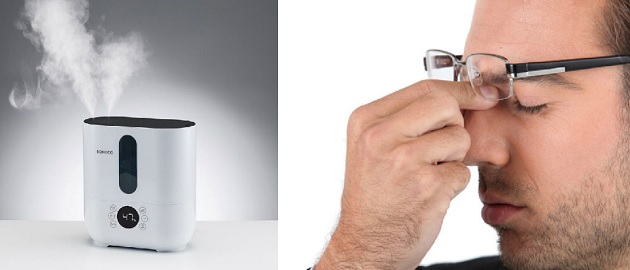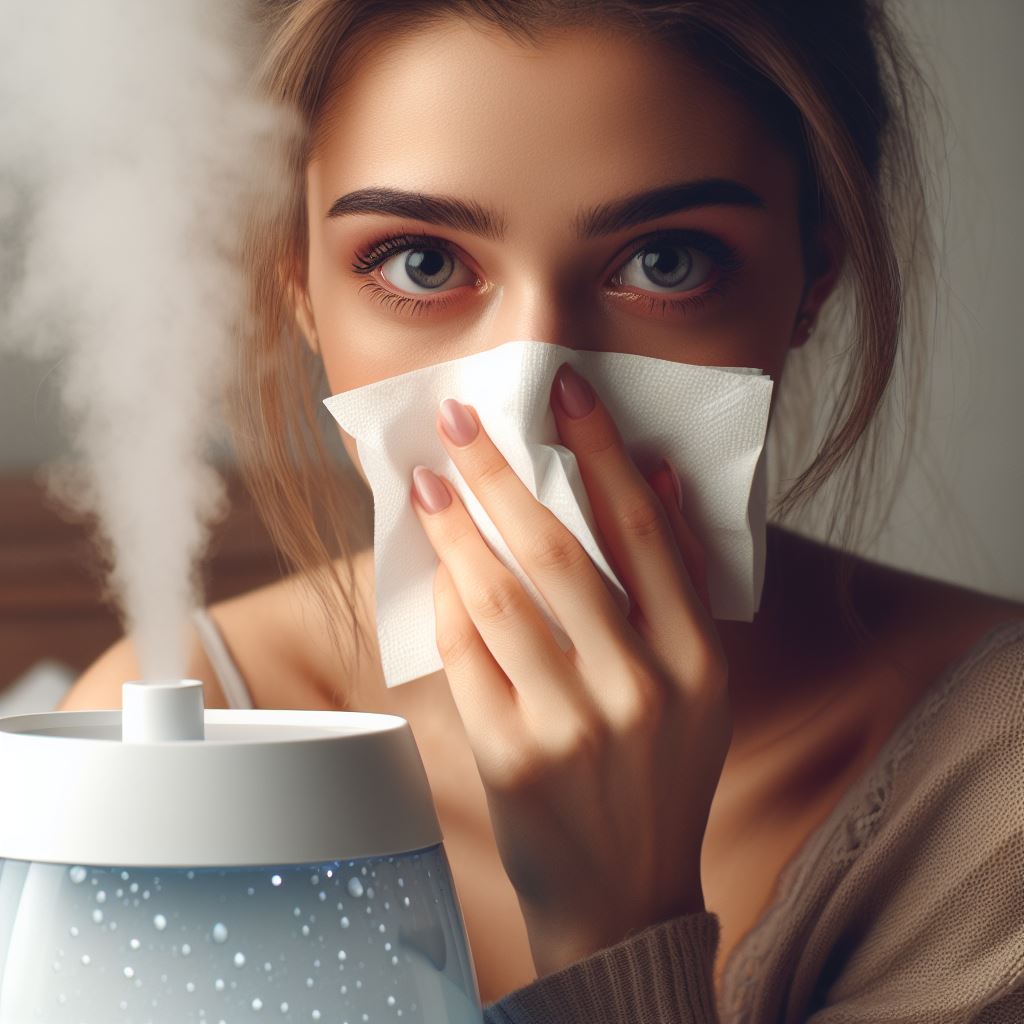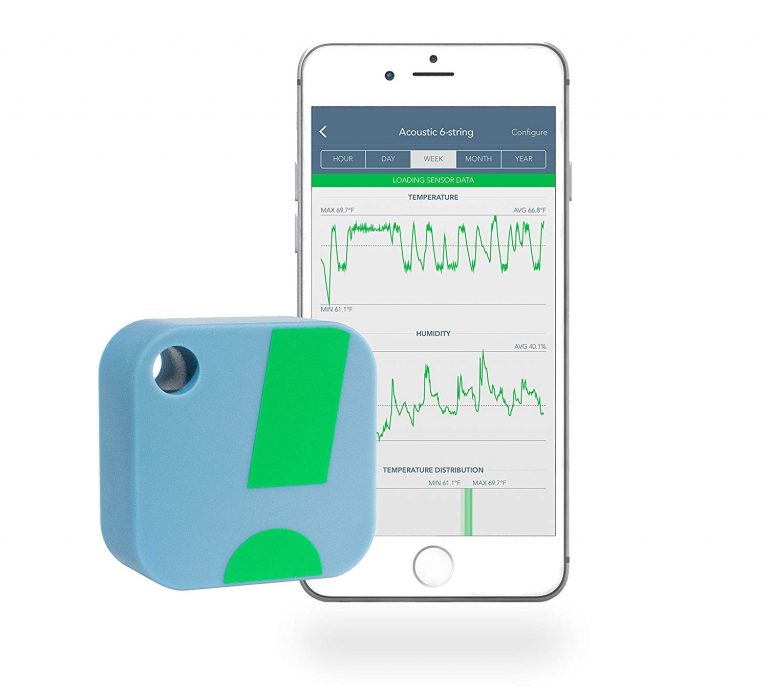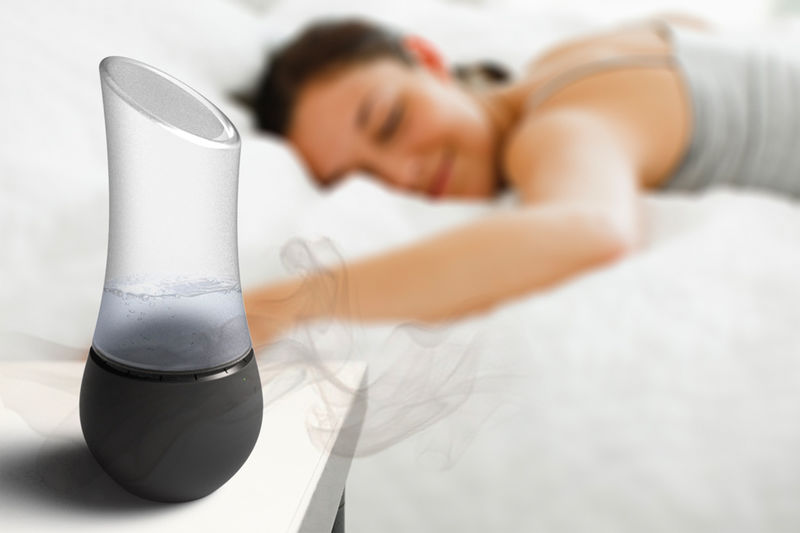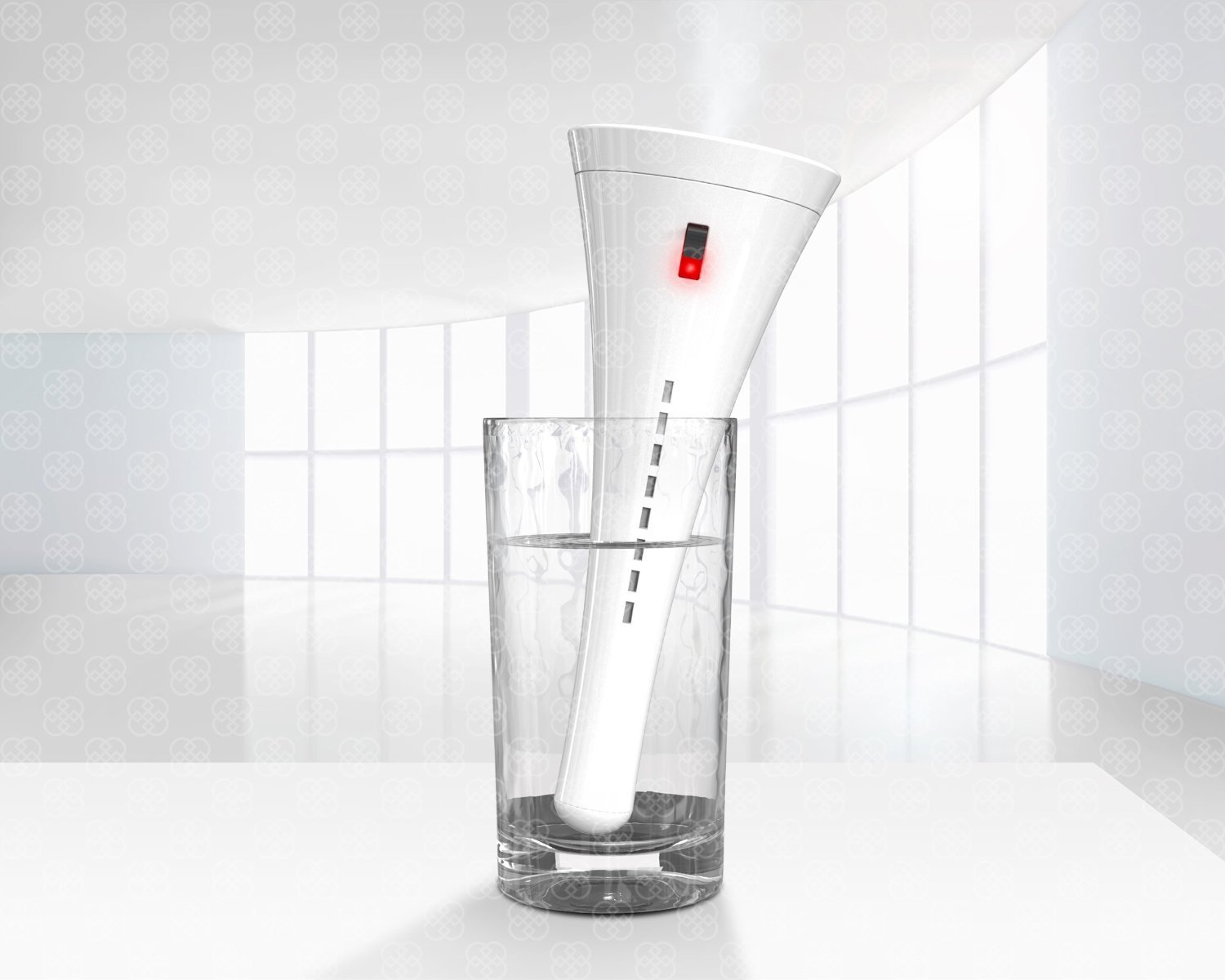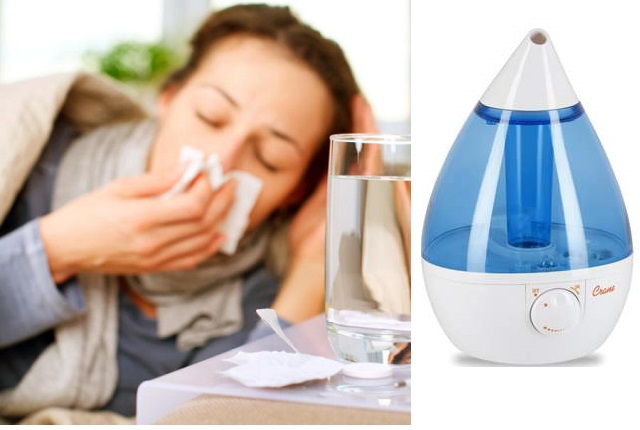Best Humidifiers For Sinus Problems: Breathe Easier at Home
If you’re constantly battling sinus issues, you’re not alone. I’ve been there, and I know how crucial it is to find relief. That’s why I’m diving into the world of humidifiers, which can be a game-changer for your sinus health.
I’ll guide you through the best humidifiers on the market tailored for sinus problems. Whether you’re dealing with chronic sinusitis or just looking to soothe occasional discomfort, there’s a perfect humidifier out there for you.
Stay tuned as I uncover features that make a difference, from easy-to-clean designs to germ-killing UV lights. Get ready to breathe easier and say goodbye to sinus woes for good.
The Importance of Humidifiers for Sinus Problems
For anyone who’s experienced sinus problems, the impact of dry air on the nasal passages is no small matter. Dry air can exacerbate sinusitis, leading to discomfort, inflammation, and even more serious complications. That’s where humidifiers step in – they add moisture to the air, alleviating dryness and helping to soothe irritated sinuses.
The relationship between sinus health and humidity is well-documented. Medical experts agree that maintaining an indoor humidity level of 30-50% can significantly reduce the irritation caused by dry air. When I think of the relief that a well-balanced humidity level brings, the importance of a good humidifier becomes crystal clear.
There are numerous features in today’s humidifiers that specifically cater to those of us with sinus problems. Models with built-in hygrometers ensure that we’re achieving the optimal humidity level, while those with UV lights promise to kill germs that might otherwise exacerbate sinus issues. Additionally, I can’t stress enough the value of an easy-to-clean design. It’s not just about convenience; it’s about preventing mold and bacteria build-up, which could otherwise be detrimental to sinus health.
Furthermore, it’s essential to consider the size of the room when selecting a humidifier. A unit too small won’t adequately humidify the air, and one too large can cause too much moisture, which brings its own set of problems. Whether it’s a personal humidifier for the bedside table or a larger unit for the whole living space, there’s a perfect match out there.
The steady hum of a humidifier in the background has become a signal to me that I’m taking proactive steps to manage my sinus health. And I must say, the comfort it brings has been a game-changer. With the right humidifier, the days of waking up with a dry, painful nose could soon be behind us.
Understanding Sinus Issues and How Humidifiers Can Help
Sinus issues are a common complaint I hear about, especially during the change of seasons or in particularly dry climates. Sinusitis, the inflammation of the sinus tissue, can be triggered by a variety of factors, including colds, allergies, and environmental irritants.
Dry indoor air is one of the primary environmental factors that can exacerbate sinus problems. When the mucous membranes in the nasal passages dry out, they can no longer trap and remove particles like dust, pollen, and viruses effectively. This lack of moisture can lead to irritation, increased inflammation, and can even cause nosebleeds.
I’ve discovered that using a humidifier is a simple yet effective way to combat these symptoms by adding moisture to the air. Maintaining optimal humidity levels inside your home can make a huge difference. Let’s look at the ideal indoor humidity range you should aim for:
| Ideal Indoor Humidity Range |
|---|
| 30% – 50% |
What’s crucial here is ensuring your humidifier is up to the task. Features like built-in hygrometers can measure and maintain these levels automatically, taking one less worry off your shoulders. UV lights in humidifiers also act as a safeguard, killing off germs and ensuring that the mist you’re breathing in isn’t just moist but clean.
But that’s not all – choosing the right humidifier also depends on the size of your space. Here’s a quick guide to help you match your humidifier to your room:
- For small rooms (up to 300 sq. ft.), a tabletop humidifier usually suffices.
- Medium-sized rooms (between 300 to 499 sq. ft.) benefit from console humidifiers.
- Large rooms (500 sq. ft. and up) may require multiple units or a whole-house humidifier.
Remember, the key is to maintain that sweet spot of humidity. By doing so, breathing becomes easier, the sinuses are soothed, and the overall discomfort from dry air is alleviated. Plus, the mitigation of potential allergens and irritants can aid in a more restful sleep. Keep in mind, proper maintenance is critical to prevent any buildup of mold or bacteria in the device itself – always follow the manufacturer’s cleaning instructions to ensure a healthy indoor environment.
Key Features to Look for in a Humidifier for Sinus Problems
When I’m searching for the best humidifier to ease my sinus issues, there are several key features that I can’t overlook. Adjustable Humidity Levels top the list because having control over the moisture in my environment is crucial. Most top-notch humidifiers come with a built-in hygrometer, which is incredibly handy as it gauges the room’s humidity, allowing me to adjust settings for optimal comfort.
Another feature I highly recommend is a Built-In UV Light. This technology kills off mold and bacteria that might otherwise find a comfortable home in the moisture. I understand that keeping the air clean is as important as keeping it moist, especially when it comes to sinuses.
Size does matter when it comes to humidifiers, so I always look for one with the right Tank Capacity for the size of my room. Too small, and it won’t be effective; too large, and it might make the room uncomfortably humid and promote mold growth.
For convenience, I prefer models that boast Easy Maintenance. A design that’s simple to clean will prevent the buildup of harmful pathogens, which is essential for those of us with sinus problems. Removable parts and wide openings are a must-have for easy cleaning.
Last but not least, look for a humidifier with Quiet Operation. Sinus issues often affect sleep, and a noisy device can be more of a hindrance than a help. Peaceful, quiet nights go a long way in providing the rest needed for the body to heal.
When these features come together in one humidifier, I know I’ve found a powerful ally in the fight against sinus discomfort. Choose wisely, and ensure that the humidifier you pick enhances not just the humidity levels but also the overall quality of your indoor air.
Top 5 Humidifiers for Sinus Problems
When it comes to managing sinus issues, the right humidifier can make a world of difference. I’ve researched and compiled a list of the top 5 humidifiers that are designed to alleviate sinus problems effectively.
Honeywell HCM350W Germ-Free Cool Mist Humidifier This humidifier is a top pick for its UV light feature that kills up to 99.9% of bacteria, mold, and viruses in the water before emitting it into the air. The lack of germs in the mist is crucial for avoiding exacerbation of sinus problems.
- CLEANER INVISIBLE MOISTURE – Honeywell Cool Moisture Humidifier effectively brings invisible…
- EVERYDAY COMFORT – This humidifier for home features evaporative technology that increases…
Dyson AM10 Humidifier Renowned for its ultraviolet cleanse technology, which ensures hygienic mist, the Dyson AM10 also boasts a precise humidity setting. It’s incredibly user-friendly with its remote-controlled adjustments, ensuring you maintain the best environment for your sinuses.
Pure Enrichment MistAire Ultrasonic Cool Mist Humidifier Compact yet efficient, the Pure Enrichment MistAire offers both durability and ease of maintenance. It’s an excellent choice if you’re looking for a quiet and discreet humidifier that seamlessly fits into your living space without disrupting your peace.
- INSTANT DRY AIR RELIEF: Ultrasonic cool mist technology safely and quickly moisturizes dry air…
- YEAR-ROUND COMFORT: High and low-speed settings combined with a 360° mist nozzle help you…
Vicks Warm Mist Humidifier If you prefer warm mist, this humidifier is ideal. Not only does it provide you with warm, soothing vapor, but it also allows the use of Vicks Vaposteam for an added decongestant effect, perfect for severe sinus issues.
- Vicks portable humidifiers are quick and easy to use and require no replacement filters. The…
- This vaporizer humidifier provides warm, soothing relief from cough and congestion during cold…
LEVOIT LV600HH Hybrid Ultrasonic Humidifier For those who desire versatility, the LEVOIT LV600HH can produce both cool and warm mist. Key features include a large capacity tank and an auto mode that adjusts the humidity level based on the surrounding environment, which is critical for maintaining sinus health.
- 𝙃𝙄𝙂𝙃-𝙀𝙁𝙁𝙄𝘾𝙄𝙀𝙉𝘾𝙔, 𝙁𝙊𝙍 𝙒𝙃𝙊𝙇𝙀…
- 𝙋𝘼𝙏𝙀𝙉𝙏 𝙒𝘼𝙍𝙈 𝙈𝙄𝙎𝙏 𝙏𝙀𝘾𝙃 𝙁𝙊𝙍…
Each of these humidifiers offers unique benefits tailored to those with sinus sensitivities. From advanced UV technology to customizable humidity settings and large tank capacities, you’ve got options that cater to various preferences and room sizes. Remember to consider the maintenance and operational sound level when making your choice, ensuring uninterrupted comfort and relief.
Conclusion: Find Relief with the Best Humidifier for Your Sinus Problems
Choosing the right humidifier can make all the difference in managing sinus problems. I’ve explored options that cater to a variety of needs, from the germ-killing prowess of the Honeywell HCM350W to the LEVOIT LV600HH’s adaptability for different environments. Remember, maintenance and noise levels are key considerations to ensure your comfort isn’t compromised. Trust that investing in one of these top humidifiers will help you breathe easier and feel better in your own home. Your sinuses will thank you!

